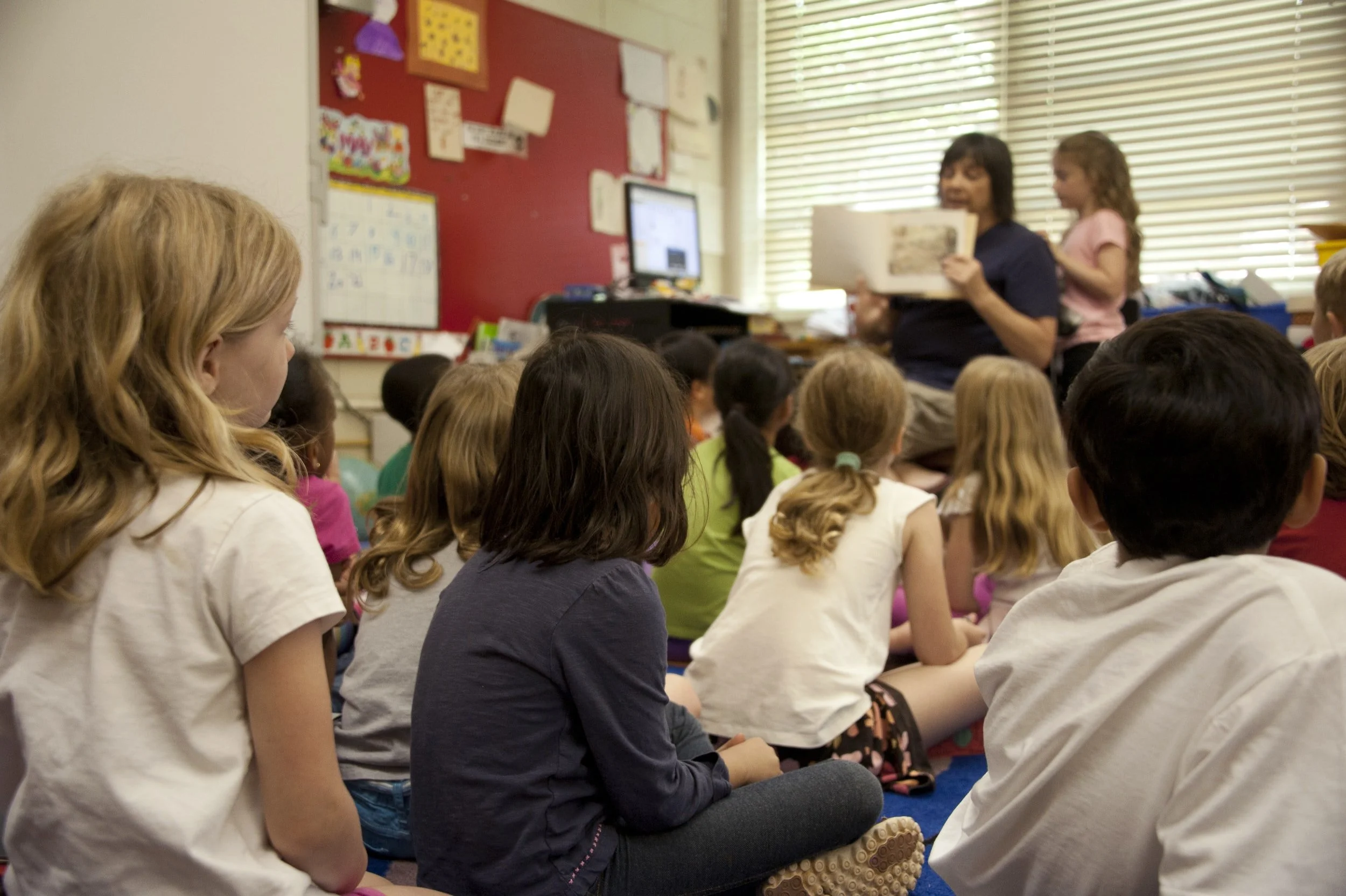5 Things Parents Want from their Child’s Teacher (s)
You’re the parent. Ask yourself if you’re getting what you want from your child’s teacher. Help your child’s teacher to understand where you are coming from and show appreciation for the teacher’s efforts. A good relationship and communication between parent and teacher is invaluable! Sometimes, you must take the first step.
Teachers are no less important than your child’s first babysitter or daycare teacher. You entrust teachers with what is most precious in your life: your children. Hold those teachers to that responsibility and speak up and speak firm when the responsibility is not being carried out well.
Here are 5 Things that parents want from their child’s teacher.
How is your child’s teacher doing on each of these on a scale from 1-10? When you have a wonderful teacher, let him or her know. It hasn’t happened easily. Teachers are under a lot of pressure.
Safe environment (physically & mentally) for their child.
When you send your child to school, you are entrusting the adults there to keep your child safe:
-safe around tools
-safe around other children
-safe in PE
-safe on the playground
-safe during an intruder on campus
But you also want your child to feel safe mentally:
-safe to ask for help
-safe to approach the teacher and ask a question
-safe to participate in class
You want each of these items on the list, but have you sat to think about it? What are you doing to ensure those things happen at your child’s school?
Clear and Timely communication.
Has your child’s teacher made it clear how to contact him/her? Whether it’s email or text or a phone message, there are several options. Be sure you know which is the best way. Find this out at the beginning of the school year. If you’re not getting replies, you may need to ask for the help of one of the principals.
It is difficult to only rely on your child for accurate information. Children forget easily, sometimes misunderstand, and aren’t always organized.
Communication helps you avoid problems and come up with a doable game plan.
Game plan for improvement.
How do you plan to change the path that your child is on of making bad grades?
Does your child need some things adjusted by the teacher? These are known as accommodations:
-study guide -extra time -a chance to redo an assignment -preferential seating to avoid distractions
—fewer problems —a word bank (and more)
Do you need to hire a tutor to help your child with specific skills or to give you some tips to help with your game plan?
Watch my Getting a Tutor Series here.
Do you need to plan out some evening/weekend time to help your child learn specific skills in order to bridge the gap?
Do you need to take away privileges at home, such as screen time or plan for a reward when your child improves?
Inspiration for their child.
Isn’t it wonderful when your child comes home and is excited about learning? That’s what it’s like to have inspiration in the classroom. The child just CANNOT WAIT to come home and tell their parents what they have learned or what happened in class.
Parents would much rather have this scenario than to have a. child who DREADS going to class.
Parents want to know that their child has been influenced and inspired to learn. It’s pretty clear to see if your child has that situation this year. Is that the case?
Standards, not politics/beliefs.
Many people love that their child is part of the public school system for the diversity factor. They have a chance to meet and become friends with children from all walks of life.
However, parents across the country are becoming tired of teachers using precious class time to teach ideals they personally hold that are not part of the curriculum.
I personally wonder where does the time come from to do this since so many teachers have students who are deficient in skills as a result of 2020 shutdowns and poor attendance. When many children cannot read on level or do math on level, how is their time to talk religious and political beliefs?
So, how did your child’s teacher do? If you have more than one child, was there a big difference in how one child’s teacher did as opposed to another child’s teacher?
Leave a comment below.
You can email Rebecca@TheParentTeacherBridge.com for any questions you may have.
Remember, YOU are your child’s most influential teacher.

